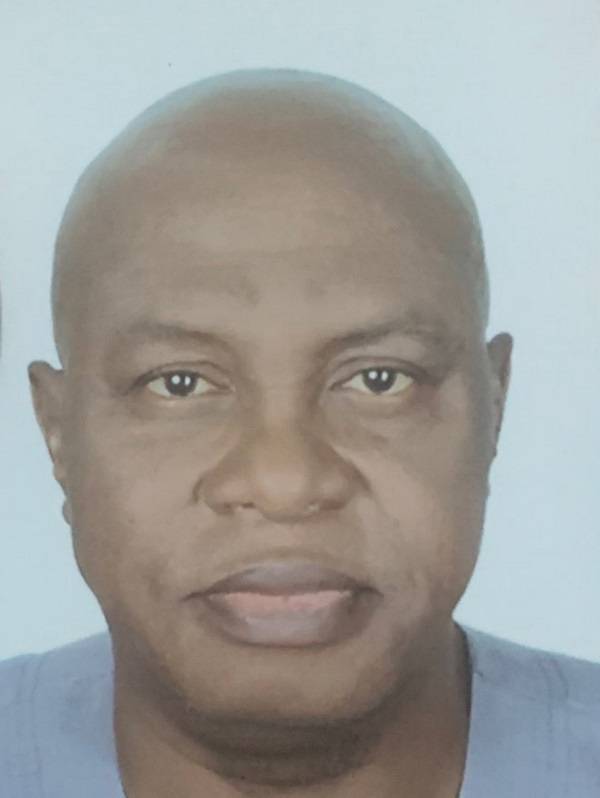
As of Wednesday, December 11, 2024, Nigeria’s national electricity grid had suffered 12 collapses, averaging one failure per month. These frequent power outages continue to disrupt economic activities, leaving millions of households and businesses without electricity. The impact is particularly severe on industries such as telecommunications, manufacturing, healthcare and finance, forcing them to rely on costly alternative energy sources.
With Nigeria’s power generation capacity stuck at 5,528 megawatts (MW) – which barely meets the needs of its nearly 250 million citizens – businesses and households have little choice but to endure unreliable electricity supply. Many companies have resorted to solar power, heavy-duty generators and other renewable energy solutions to maintain operations.
The Manufacturers Association of Nigeria (MAN) has voiced strong opposition to the federal government’s plan to increase electricity tariffs by up to 65 per cent. MAN argues that such an increase, without corresponding improvements in service delivery, will further burden businesses and raise production costs.
The director-general of MAN, Mr. Segun Ajayi-Kadir stated that frequent tariff hikes negatively impact businesses, particularly the manufacturing sector, which relies heavily on electricity.
“Electricity is a crucial input in manufacturing, significantly affecting production costs and product pricing. No country can achieve substantial industrial growth without ensuring energy security,” Ajayi-Kadir said.
He warned that higher tariffs would increase the cost of production, making Nigerian products less competitive in local and international markets; Worsen inflation, further reducing consumer purchasing power; Lead to job losses, as businesses struggle to survive under rising operating expenses and force manufacturers to shut down, leading to higher levels of unsold inventory.
Ajayi-Kadir recalled that Nigeria’s power sector was privatised in 2013 to enhance efficiency, but the situation has barely improved, leaving businesses frustrated.
The telecommunications industry, which contributes over 15 per cent to Nigeria’s GDP, is entirely private sector-driven. However, it faces crippling energy costs, which account for approximately 40 per cent of its operating expenses (OPEX).
Nigeria’s unstable electricity grid has forced telcos to heavily rely on diesel-powered generators, significantly driving up operational costs. Reports suggest that telecom operators spend about N56 billion monthly on energy, primarily on diesel to power their network towers.
For instance, MTN Nigeria alone spends over N30 billion per month on diesel, while Airtel Nigeria’s chief technical officer, Harmanpreet Dhillon recently disclosed that the company spent N28 billion on diesel in May 2024.
To reduce costs, telcos are investing in renewable energy solutions such as solar and wind power, but these efforts have yet to make a significant impact on overall expenses.
So far, telcos consume over 40 million litres of diesel monthly to power their network towers. In 2022 alone, Nigeria had 34,862 telecom towers, many of which depended entirely on diesel generators. Adding to this headache, Internet usage increased by 579.39 per cent between December 2019 and September 2024, further driving up energy demand.
According to the Association of Licensed Telecommunications Operators of Nigeria (ALTON), diesel alone accounts for 35 per cent of telecoms’ total operating expenses.
“If the government had fulfilled its commitment to providing 18 hours of electricity daily, the huge logistics and capital we currently spend on powering sites would not exist,” said ALTON chairman, Gbenga Adebayo.
To address the crisis, experts recommend that the government and private sector invest in renewable energy to reduce dependency on diesel-powered generators, develop policies that encourage telcos to integrate solar and hybrid energy sources and offer incentives for companies adopting energy-efficient technologies.
Studies indicate that companies could save up to 30% on energy costs by transitioning to renewable energy sources.
As of January 13, 2025, Nigeria had 23 power-generating plants connected to the national grid. These generation companies (GenCos) include Egbin Power Plc (Lagos State), First Independent Power Limited (Port Harcourt, Afam, Omoku, Eleme) and Geregu Power Plc (Kogi State).
The Transmission Company of Nigeria (TCN) oversees the transmission network, while 11 Distribution Companies (DisCos) handle power distribution. Some of the DisCos include Enugu Electricity Distribution Plc (EEDC), Jos Electricity Distribution Company Plc, Kano Electricity Distribution Plc (KEDCO) and the Yola Electricity Distribution Company Plc (YEDC).
Despite its vast energy resources, Nigeria generates only 5,528 MW of electricity – a 30 per cent increase from 2023 but still grossly inadequate for its growing population. Most businesses and households receive less than 12 hours of electricity daily, over N1 trillion was allocated to the power sector in the 2025 budget, yet no significant improvements have been recorded and the unreliable electricity contributes to inflation, as businesses transfer higher energy costs to consumers.
As of 2022, Nigeria had 127,294 base stations, each requiring two generators for backup power and the telecom industry spent N2.09 trillion on operational costs.
With the rising cost of diesel and the inconsistency of electricity supply, Nigeria’s telcos continue to face major hurdles in ensuring seamless network operations.
The lack of reliable electricity in Nigeria continues to cripple industries, including telecommunications, manufacturing, and healthcare. The reliance on alternative energy sources is not sustainable, making urgent government intervention necessary.
The government must invest in the national grid to improve electricity supply, expand renewable energy adoption to reduce diesel dependency and implement policies that lower energy costs for businesses.
Without decisive action, Nigeria’s economic progress will remain stalled and the dream of industrialisation and digital transformation will remain out of reach.

